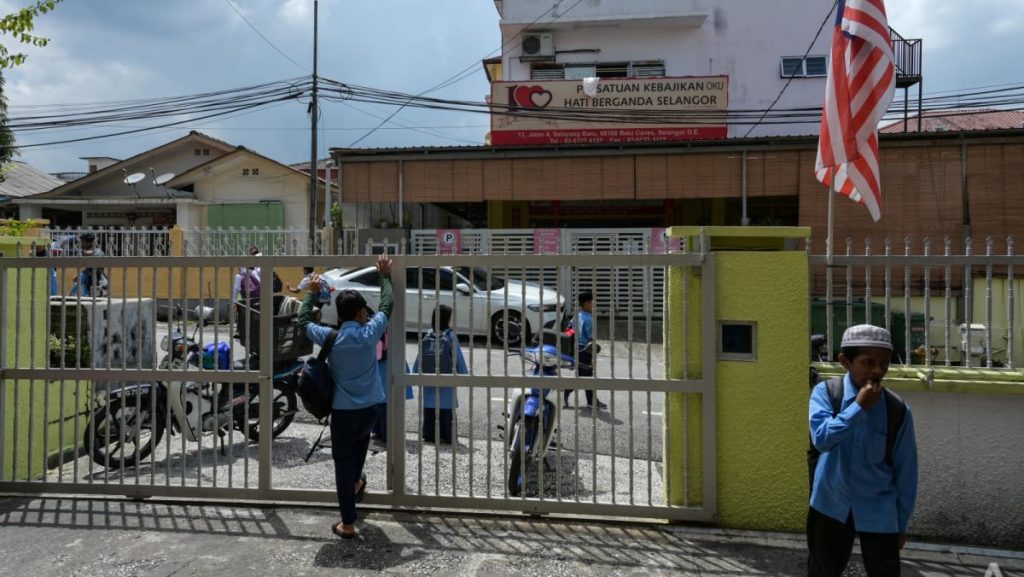A search for “Palestine refugees in Malaysia” on TikTok reveals a contrast to negative sentiments towards Rohingya refugees in the country, with videos focusing on Malaysia’s support for the Palestinian cause and informal interviews with Palestinians living in Malaysia. Reddit threads have highlighted the difference in how Malaysians perceive these two refugee groups, questioning why there is more effort put into helping Palestinians despite Rohingya refugees facing xenophobia in Malaysia.
Activists like Ms Lubna Sheikh Ghazali of Asylum Access Malaysia have pointed out what they see as a double standard in Malaysia’s treatment of Palestinian and Rohingya refugees. The country champions the Palestinian cause but seems to overlook the plight of Rohingya refugees, showcasing selective protection and collective amnesia when it comes to different refugee populations. UNHCR figures show that Malaysia hosts over 189,000 refugees and asylum-seekers, with the majority being from Myanmar, including Rohingyas.
Refugees in Malaysia, including Palestinian and Rohingya populations, rely on NGO support as the country is not a signatory to the UN Refugee Convention, leaving them considered as undocumented or illegal migrants. While the UNHCR card provides certain benefits such as discounted hospital fees for refugees, they cannot work legally or attend government schools. Palestinian refugees have received some support from the Malaysian government during the conflict in Gaza, including study fee coverage for students, while Rohingya refugees face challenges in accessing education and face raids on illegal settlements.
Dr Benjamin Loh, a senior lecturer in media and communication, highlighted the differing treatment of Palestinian and Rohingya refugees in Malaysia. Palestinians are often perceived as educated individuals who will return to the Middle East to fight for their land, while Rohingyas are viewed as low-class migrants who add little value to the country and work in low-wage jobs. This xenophobic attitude towards Rohingyas contributes to their marginalized status in Malaysia, contrasting with the support and recognition given to Palestinian refugees in the country.
The issue of refugees in Malaysia raises questions about the country’s response to different refugee populations, particularly in relation to the Palestinian and Rohingya communities. The selective protection and support offered to Palestinian refugees compared to the challenges faced by Rohingya refugees point to underlying xenophobic attitudes towards certain migrant groups. As Malaysia continues to host a significant number of refugees and asylum-seekers, there is a need for more comprehensive and equitable policies to ensure the well-being and rights of all displaced populations in the country.


